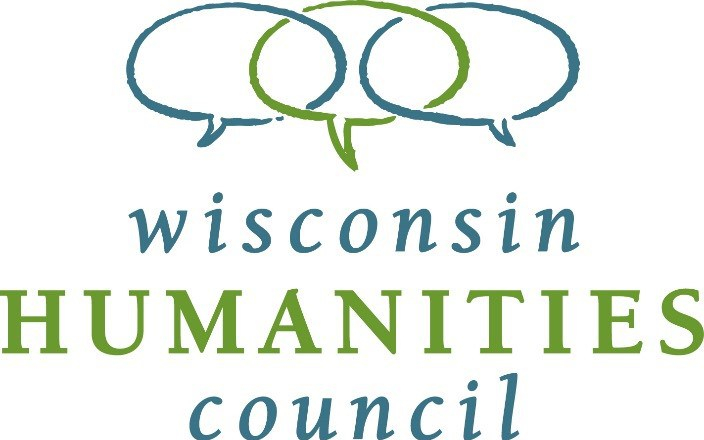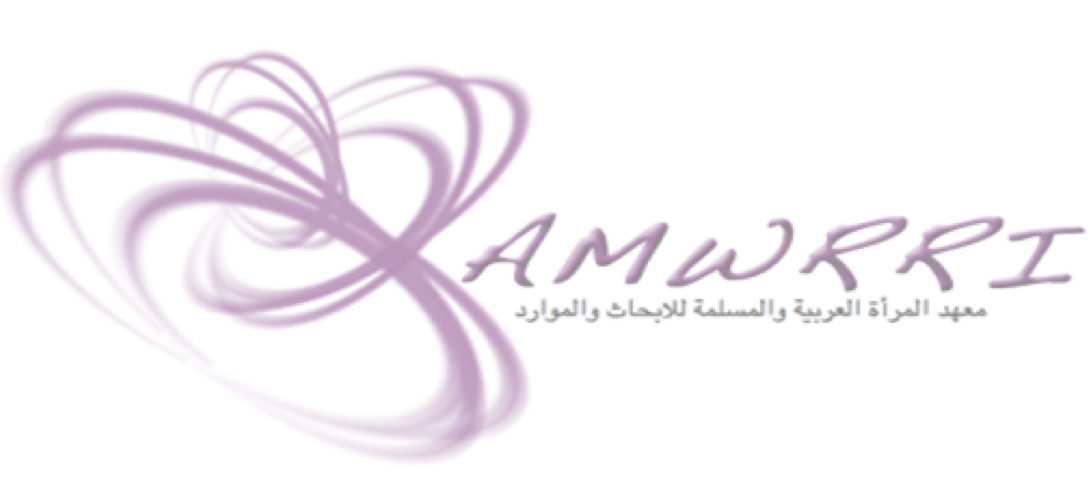Arab and Muslim American women’s experiences are not documented, traced, or known, which makes it difficult to identify the issues that significantly affect these women’s lives and difficult to find the solutions that would enhance their situations. Likewise, the accomplishments of some Arab and Muslim American women are not publicized, which would otherwise encourage other women to follow in their footsteps. Moreover, scholars, researchers and students interested in researching the Arab and Muslim community in Greater Milwaukee find it difficult to obtain written materials on women’s histories and experiences. Arab and Muslim immigrants transferred the patriarchal social systems in their homelands to the United States. Because they were raised and educated in a patriarchal society, Arab and Muslim women coming to the United States believe that dependency and reliance on male figures for every aspect of their lives is natural and inevitable. These paternalistic systems tend to limit Arab and Muslim women’s opportunities and participation in society. Arab and Muslim women immigrants lack of awareness of how to utilize resources available to them that would contribute to their social development and improve their social status. High percentages of Arab and Muslim immigrants come to the United States with a high school diploma or college degree, but because of gender inequality (in the Arab and Muslim household) and language barriers, they are unable to take advantage of the opportunities available to them, such as taking English language classes, continuing education, and seeking employment. The oral history projects goal was to have an impact Arab and Muslim women and educate the men in their lives about the importance and the advantages of engaging their mothers, sisters, and wives in educational, social and economic development. The data collected through this project was used to educate the general public and to inform Arab and Muslim women’s communities. The project also increased cross-cultural understanding between different cultures and communities.
The project documented Arab and Muslim women’s social histories through oral interviews and surveys, focusing on the experiences of first, second, and third generation Arab and Muslim women. Enabling us to obtain information on their economic and professional status and their position within their families.
Our oral history project of the year of 2010 titled “Arab and Muslim Women Oral History” was funded in part by a grant from the Wisconsin Humanities Council, with funds from the National Endowment for the Humanities and the State of Wisconsin. Any views, findings, conclusions or recommendations expressed in this project do not necessarily represent those of the National Endowment for the Humanities. The Wisconsin Humanities Council supports public programs that engage the people of Wisconsin in the exploration of human cultures, ideas and values.The Wisconsin Humanities Council supports and creates programs that use history, culture, and discussion to strengthen community life for everyone in Wisconsin.


